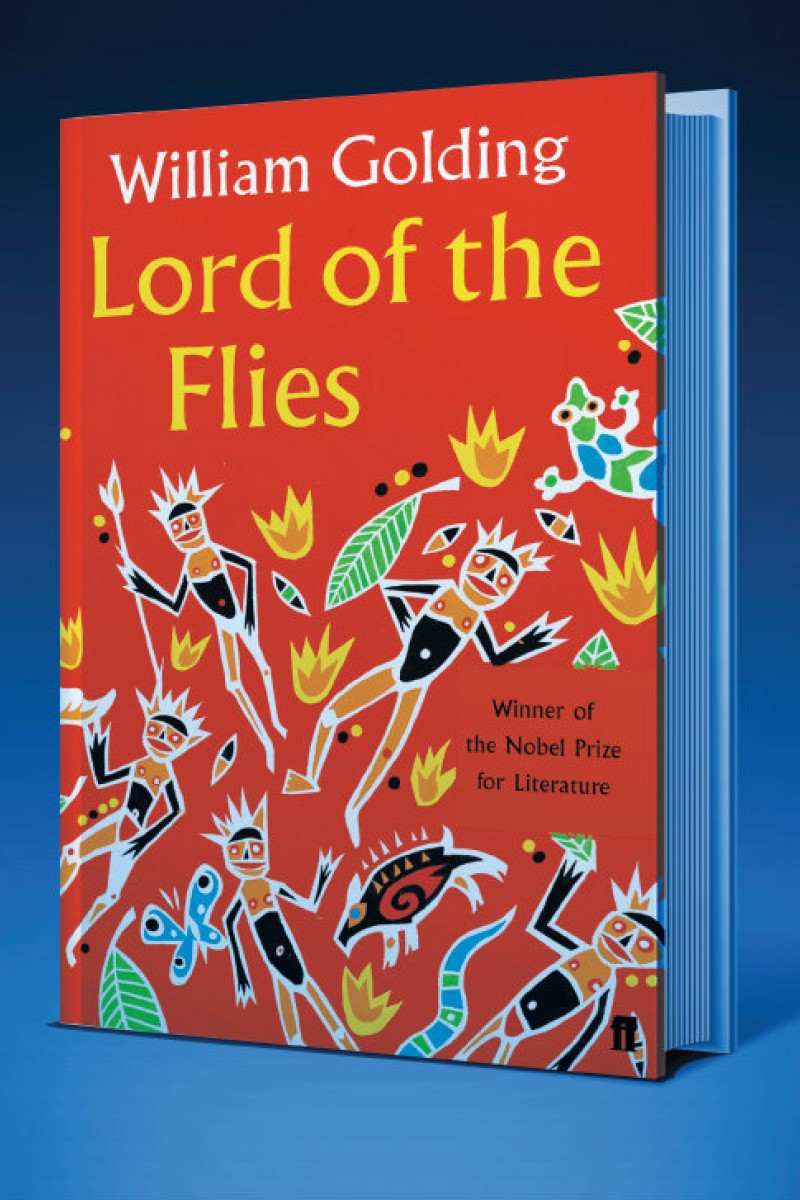
Golden 10: Anarchy lurks beneath the society of men in Lord of the Flies

What’s it about?
Lord of the Flies is a novel about a group of British boys who find themselves stranded on an uninhabited tropical island. The boys try to govern themselves but this has disastrous results. While they begin with a sense of order and morals, things quickly spiral out of control and they turn to savagery. The boys, who don’t seem to know each other, realise they are the only ones stranded on the island, and try to organise themselves. Ralph, who is responsible for initially bringing the survivors together, is quickly adopted as the natural leader of the group. Along with his chubby deputy Piggy, they try to create a sense of community and order. But another group of boys, led by Jack, becomes increasingly obsessed with hunting, and the group begins to split between those who only want to hunt and those who want to build shelter and a fire. The boys soon start to believe there is a beast lurking in the forest who is trying to kill them, and the boys descend into violent, savage behaviour.
What’s so great about it?
Lord of the Flies is full of symbolism and explores the dark side of humanity. The three key themes are: the natural, instinctual urge to be evil and violent that exists in all humans; the need for social and political order through governments and organisation, or some semblance of a leader; and the belief in the divine or supernatural.
The novel represents how fragile society is, and how much we rely on order and rules. It also draws attention to how different we are when rules are removed, and that everyone has the capacity for evil. The main focus of the novel is to highlight the struggle that all human beings face: whether to act upon the instinct to follow the rules and live peacefully, and work as a community, or to act upon violent impulses and put your needs ahead of the group. This dilemma can be represented in many ways – order vs chaos, good vs evil, society vs savagery ¬– and all of these are explored in Lord of the Flies. Another key theme is that of “the beast”. Although initially the boys believe to be a real beast in the forest, it soon becomes obvious that “the beast” refers to this internal struggle in all of us.
Why should you read it before you go to university?
At first glance, Lord of the Flies seems like a simple adventure tale. As the characters are all children, it might seem like it’s a book for young readers. But it goes much deeper than that. When William Golding wrote the book in 1954, he was also providing a commentary on British life. The West was still reeling from the effects of the Holocaust, and the threat of communism and the Cold War. This environment of fear and uncertainty is central to Lord of the Flies. The novel can be related to a wide range of subjects, from politics to psychology and biology and religion. When you go to university, you will likely meet people who have different views from you, with different opinions and who come from different backgrounds. Lord of the Flies shows us that all the behaviours we learn are enforced by society. It also highlights that everyone has the capability to be evil, and once we remove the boundaries set by society, humans are all very primitive.
If you enjoy Lord of the Flies, you might also want to try…
Heart of Darkness by Joseph Conrad
Robinson Crusoe by Daniel Defoe
The Invisible Man by Ralph Ellison